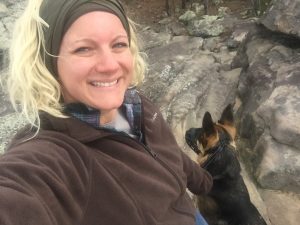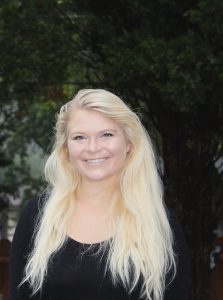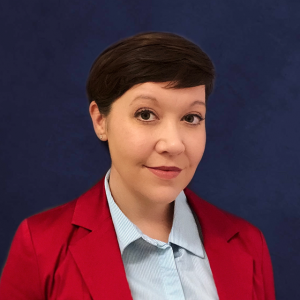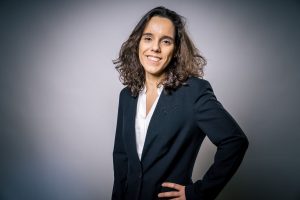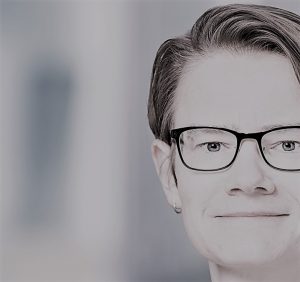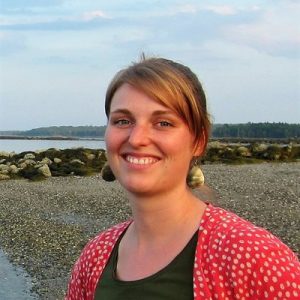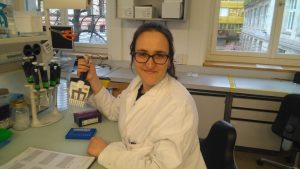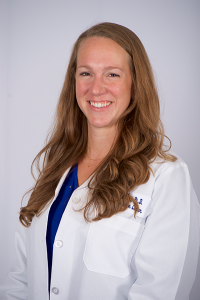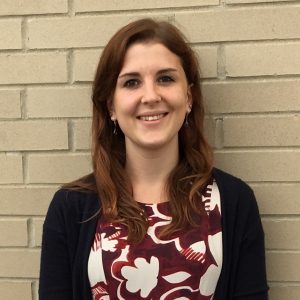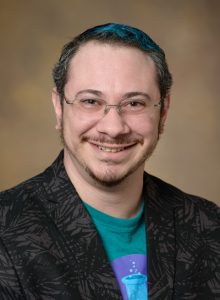If a week goes by without me Tweeting about infectious diseases, something is seriously wrong.
Sherilyn Burris is a Certified Emergency Manager, and holds master degrees in Occupational Safety and Health & Environmental Management, as well as Public Administration and Emergency.
She works at Cascia Consulting LLC as an adviser for government public safety, corporate, and nonprofit disaster and business continuity programs. In this way, she can help a variety of stakeholders with challenging issues such as climate change and emerging technologies.
Sherilyn is particularly passionate about Human behavior in disasters. She brings attention to the unique ways people access, understand, and use risk data to make personal and community decisions, for example during fires, floods, hurricanes, or earthquakes. She gives workshops, writes publications, and communicates widely on social media.
During her curation on @sfprocur, Sherilyn wants to convey that “Science shows up in the most unexpected places. Government: science. Disasters: science. Data: science. Disease outbreaks: science.” And she will do so with JRR Tolkien references!
background
(more…)
about Dennis Eckmeier
Dennis founded Science for Progress. He received a PhD in neuroscience in 2010 in Germany. Until 2018 he worked as a postdoc in the USA, and Portugal. In 2017 he co-organized the March for Science in Lisbon, Portugal. Dennis is currently a freelancer.

